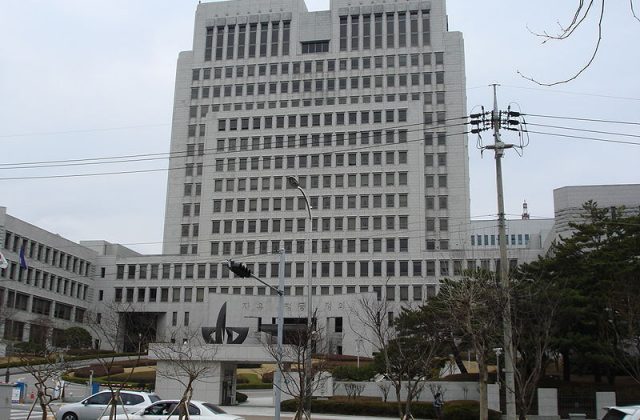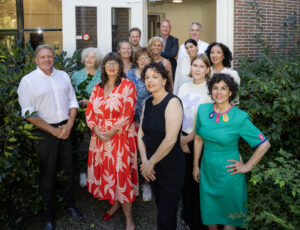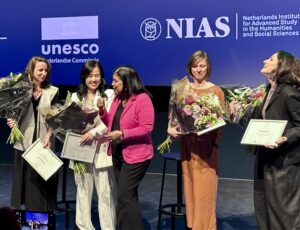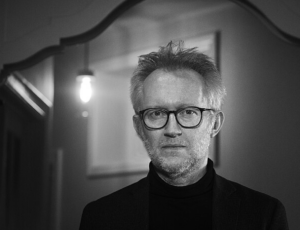About the Seminar
Law? Justice? The Constitution? The Rule of Law? What’s All This? Insights from South Korea
As South Korea evolves into mature democracy, how to evaluate the not-so-distant illiberal past has emerged as a thorny topic, giving rise to a deeply-divided, ideologically-tinged debate. The dominant view is that the courts failed to uphold democratic ideals and protect civil and political rights of the citizens by rigidly observing the authoritarian Yusin Constitution (1972-1980). A number of judicial decisions have of late been overturned in retrials in the wake of transitional justice. Marie Kim argues that the judicial process in the 1970s needs to be examined from a multifaceted and nuanced viewpoint, apart from the usual theme of judicial acquiescence in the repressive regime. Jurisprudence during this period pointed to the classic judicial dilemma of unjust law. The relative importance of legal stability and substantive justice is an enduring question in legal theory and history. The Korean case presents a genuine debate about the rule of law in modern political transitions.
About the Speaker
Marie Kim is Professor of History at St. Cloud State University, Minnesota, and is currently at NIAS to study the role of courts in modern Korea.




